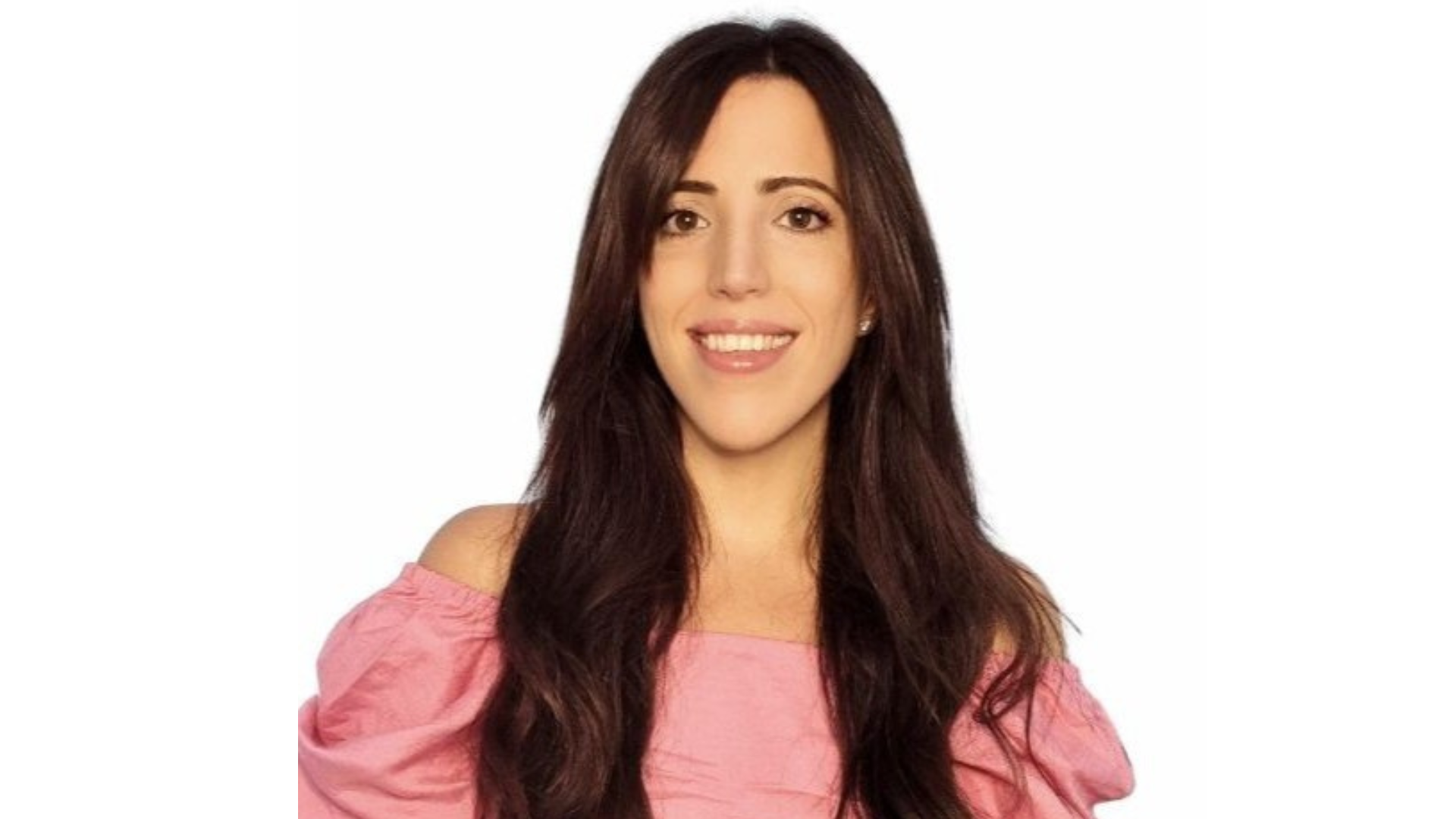In recent days, Zara has attracted media attention by choosing Ángela Molina as the main face of its new campaign. This choice has been interpreted as a strategy to take a stance against ageism and to go for timelessness in the fashion industry.
Ageism is a term that is present in our daily lives and that takes on subtle nuances at times and more evident at others. Although it affects both men and women, it is undeniable that the pressure falls more insistently on the female gender, especially in matters related to aesthetics.
This concept refers to age discrimination and stereotyping based on a person's age. It manifests itself when someone is judged or treated differently because of their age, because they are "too young" or "too old". Job opportunities are one of the clearest examples, but this type of discrimination is also very present in other areas and is especially visible in advertising.
The fact that Zara has chosen a woman over 65 as its image is an important step and it would be great if other brands would join this movement, but doing it genuinely, without it being just another marketing strategy with the surname "washing".
The trend that promoted the visibility of real bodies also reached cosmetics and campaigns and social networks have long been flooded with real skin: skin with acne, blemishes, pores and wrinkles! And although it is now very normalised, not so many years ago expression lines and wrinkles were merely anecdotal in advertisements for mature skin treatments.
Of course there is more awareness than years ago and there is more work than ever on self-esteem, but all it took was a TikTok filter that adds 30 years to become aware of the disgust caused by seeing the effects of the passage of time on our skin. Hundreds of users on social networks have reacted to their own image with comments of contempt accompanied by messages such as: "tomorrow I start applying cream", attributing to cosmetics a responsibility that it should not have.
A responsibility that the brands themselves have undoubtedly burdened themselves with, because we all know that the illusion of stopping time makes money. Gradually we are replacing the concept of "anti-ageing" with that of "well-aging" and although the substitute is gaining popularity, we still want to fight against the passage of time as if we were alchemists.
A responsibility that definitely the own marks have loaded to himself same, because all know that the illusion to stop the time does to make money. Gradually we are replacing the concept "antiedad" by the one of "well-aging" and although the substitute is winning follower, follow wanting to struggle against the step of the time as if we were alchemists.
A few months ago I read in a cosmetics advert "One day you're young and the next day... you're young too". The first impact I had was positive as I did not see the concept of "anti-ageing". However, the same message was implicit in that sentence: the next day I will still be young, because being old is still frowned upon. And this statement, which they sold as a promise, clashes with objective reality. The day after applying a cream I will carry at least 24 hours more on my back, and that does not make me worse or less valid. I am not looking to go back in time.
It is time to deconstruct beauty standards and analyse every phrase that is repeated to us and that we have internalised as something "normal". We can't keep selling people the impossible, we have to work to sell realities that promote personal acceptance, to stop making people feel unnecessary pressures. I can't buy anything that stops time, I don't want to feel bad about having more wrinkles, it's inevitable. You have to change this perception and get to the point of being grateful for having them, it means that time has passed you by, that you are still here, you are still growing, you are still learning.
We need real references and we also need to read claims to that effect: promise me more hydrated, brighter, healthier skin and make me feel good in it. I don't want to wake up, look in the mirror and see that I don't have 17% less wrinkles or 6% more firmness and feel bad about it.
We have to get to the point where Ángela Molina is not newsworthy for having wrinkles and grey hair and starring in a campaign. If that is newsworthy, then something is still not where we want it to be.
Perhaps the message should be reformulated, so that we see ourselves differently, so that we learn to love ourselves better.
